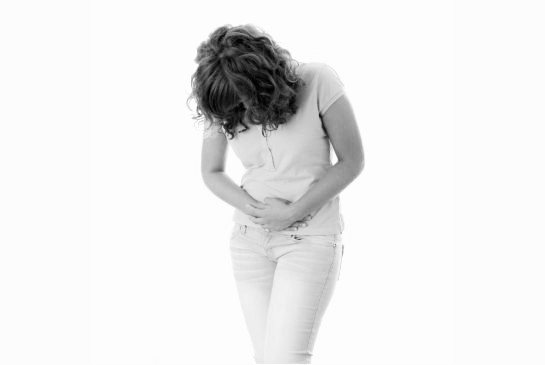Urinary incontinence — the loss of bladder control — is a common and often embarrassing problem. The severity ranges from occasionally leaking urine when you cough or sneeze to having an urge to urinate that's so sudden and strong you don't get to a toilet in time.
How we pass urine - urine passes from the kidneys through tubes called ureters to the bladder, where it is stored. The bladder is supported by pelvic floor muscles. Some of this muscle wraps around the urethra - the tube that runs from the bladder to outside the body - to help keep it closed until you need to pass urine. Once the bladder is full, a signal is sent to the brain that you need to pass urine. When you are ready, the brain tells the pelvic floor muscles to relax and open the urethra. The muscles around the bladder contract and push the urine out.
It's not clear exactly how many people are affected, but it's estimated that between 30 and 36 million people in the world may have some degree of urinary incontinence. Urinary incontinence affects both men and women, but it tends to be more common in women overall.
Causes of the urinary problem (incontinence)
The causes of urinary incontinence depend on the type. Stress incontinence is usually the result of the weakening or damaging of the muscles used to prevent urination, such as the pelvic floor muscles and the urethral sphincter.
- Urge incontinence is usually the result of overactivity of the detrusor muscles, which control the bladder.
- Certain things can increase the chances of urinary incontinence developing, including:
- Pregnancy and vaginal birth
- Obesity
- A family history of incontinence
- Increasing age - although incontinence is not an inevitable
- Part of aging.
Signs and Symptoms
The symptoms of urinary incontinence depend on the type you have. There are several types of urinary incontinence, but the most common are:
- Stress incontinence - when urine leaks out at times when your bladder is under pressure, for example when you cough or laugh
- Urge incontinence - when urine leaks as you feel a sudden, intense urge to pass urine, or soon afterward
- It is also possible to have a mixture of both stresses and urge urinary incontinence.
Prevention of urinary problem
- It is not always possible to prevent urinary incontinence, but there are some steps you can take that may help reduce the chance of it developing, such as:
- Controlling your weight
- Avoiding or cutting down on alcohol
- Keeping fit - in particular, ensuring that your pelvic floor muscles are strong
A problem in any part of this process can result in urinary incontinence. If urinary incontinence affects your daily activities, don't hesitate to see your doctor. For most people, simple lifestyle changes or medical treatment can ease discomfort or stop urinary incontinence.
$ads={1}

